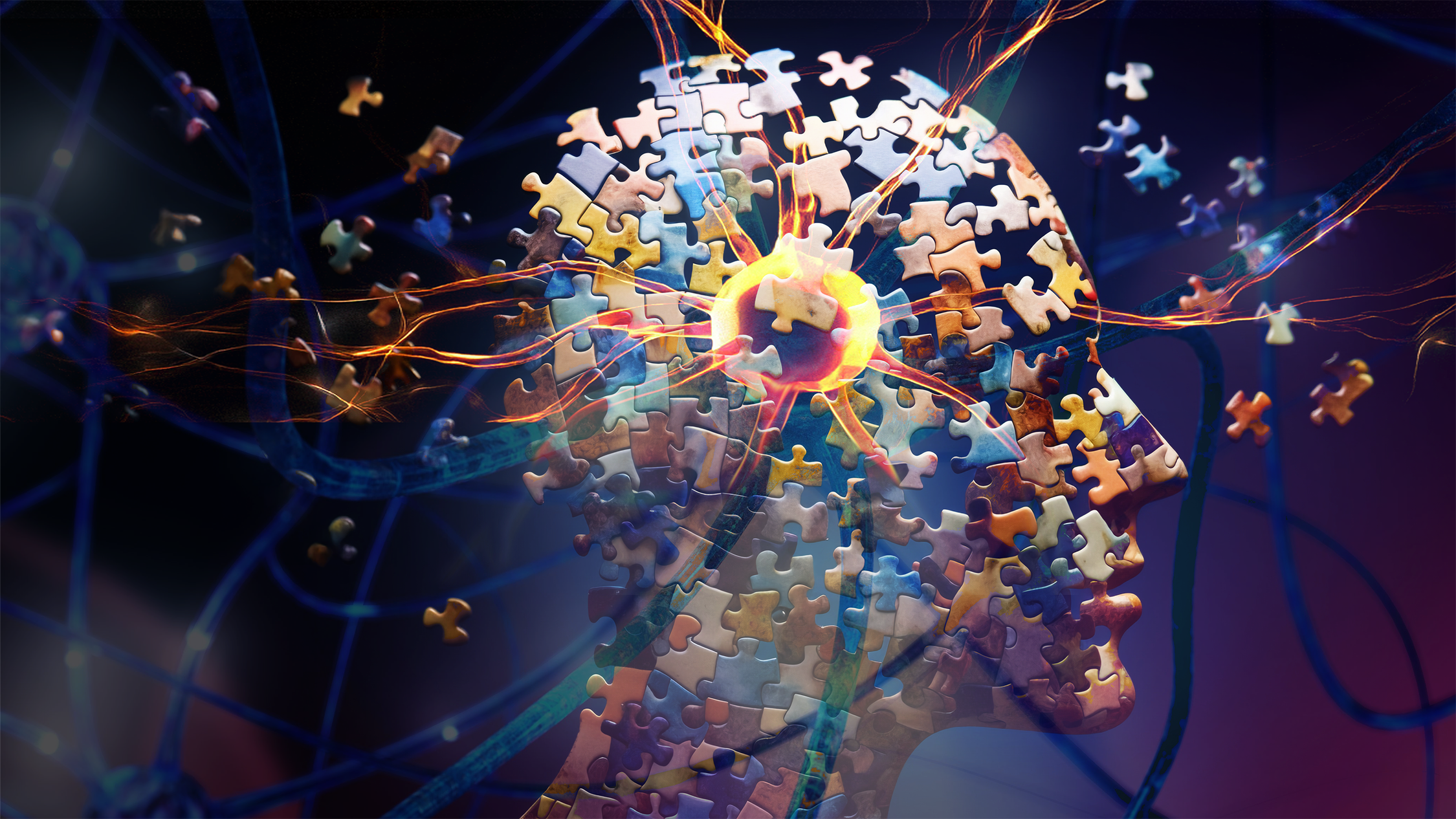Bicycles often symbolize cherished memories of freedom, adventure, and personal milestones, deeply embedded in our minds. However, dementia, particularly Alzheimer’s disease, can cruelly erode these precious recollections, leaving individuals and their families grappling with a profound sense of loss. Despite this, therapeutic use of bicycles, such as stationary bikes or virtual reality cycling experiences, can help stimulate cognitive function and improve mood, offering a temporary respite and a connection to happier times. By engaging with cycling-related activities, we can help preserve the essence of these memories, providing joy and a sense of normalcy for those affected by dementia.
Bicycles and the act of cycling often hold a special place in our memories, representing freedom, joy, and a connection to the past. For many, the first experience of riding a bicycle is a significant milestone, filled with the excitement of newfound independence and adventure. As we grow older, these memories can become cherished reflections of simpler times, embedded deeply in our minds. However, for those affected by dementia, these treasured memories can gradually fade, stolen away by the relentless progression of the disease.

Dementia, a broad term for various conditions characterized by cognitive decline, affects memory, thinking, and reasoning. Alzheimer’s disease is the most common form of dementia, slowly eroding an individual’s ability to recall and connect with their past. The memories associated with cycling – the thrill of the first ride without training wheels, the long summer days spent exploring neighborhoods, or the camaraderie of group rides – can be among the many precious recollections that dementia robs from its victims.

The connection between bicycles and dementia is poignant. For many people, bicycles are not just a mode of transport but a symbol of personal history and identity. Cycling can evoke powerful sensory memories: the feeling of the wind on one’s face, the rhythmic motion of pedaling, the sound of tires on pavement, and the sights and smells of different terrains. These experiences are often linked with strong emotions and personal milestones, making their loss particularly painful for those with dementia and their families.
As dementia progresses, the ability to remember and engage with past experiences diminishes. This loss can be devastating, not only for the individuals suffering from dementia but also for their loved ones who witness the gradual disappearance of the person they knew. The memories of cycling adventures, which once brought joy and a sense of accomplishment, may be replaced by confusion and disorientation.

Despite this, there is a glimmer of hope in the therapeutic use of bicycles in dementia care. Programs that incorporate cycling, either on stationary bikes or through virtual reality experiences that simulate bike rides, have shown promise in stimulating cognitive function and improving mood. These activities can help trigger residual memories and provide a sense of normalcy and enjoyment, even if only temporarily.

In conclusion, bicycles symbolize cherished memories and personal milestones that dementia can cruelly erase. While the disease may steal these precious recollections, the continued engagement with cycling-related activities can offer a means of connection and joy for those affected. By recognizing the profound impact of these memories and seeking ways to preserve them, we can help maintain the essence of who individuals are, even as dementia progresses.








